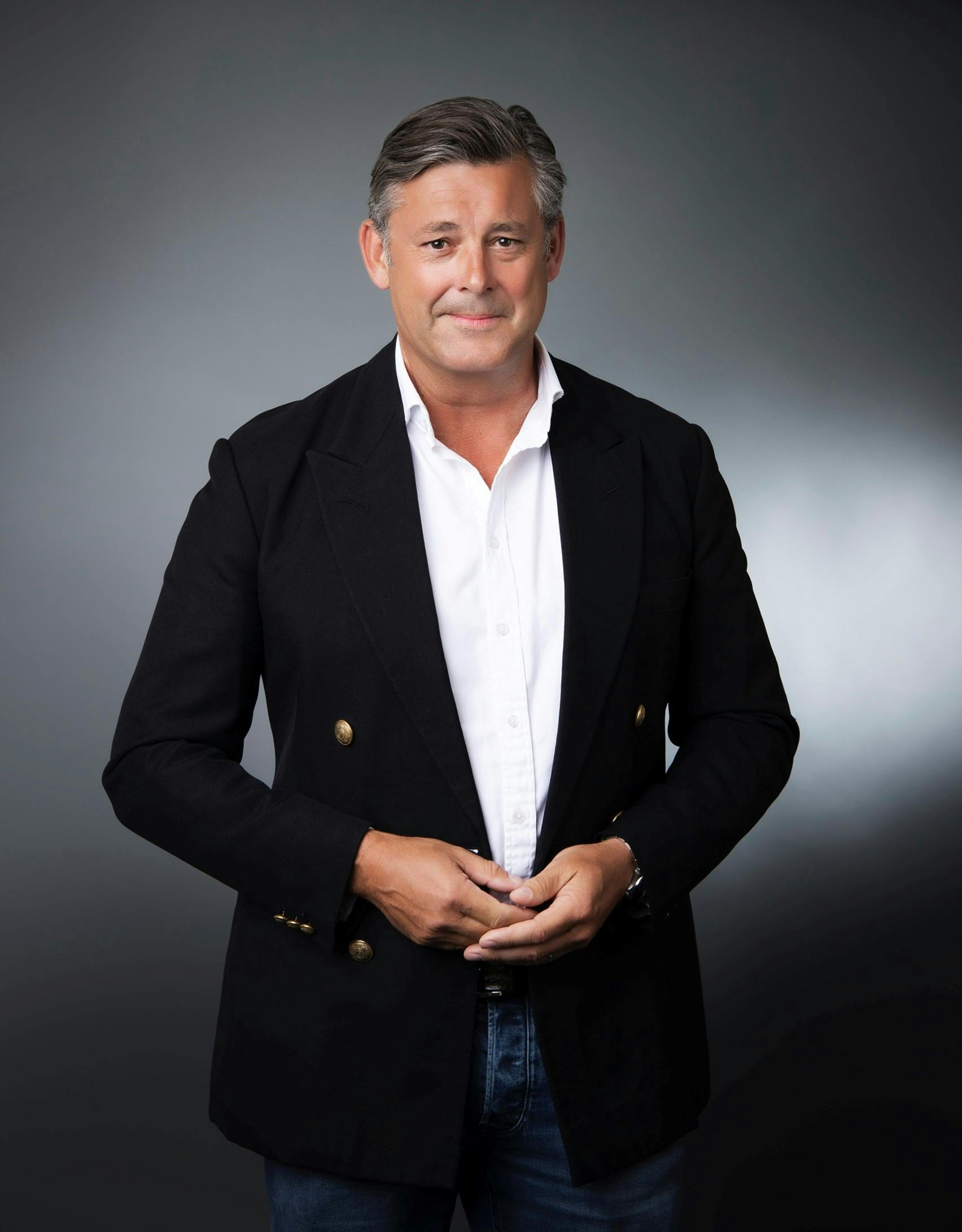Charlie Stuart
Reflections of an alumnus 1983 - 1985: A voyage around Atlantic College
I was a student at Atlantic College in the mid-1980s, during a time when the world felt anything but calm. There was war in the Middle East, apartheid still gripped South Africa, the Cold War was in its final throes, and famine ravaged Ethiopia. Two old friends, Britain and Argentina had recently been at war in the South Atlantic, nuclear annihilation felt like a real possibility, and political assassinations around the world reminded us how fragile leadership could be. Looking back, it is striking how little has changed—at least in terms of the scale of the challenges young people face today. Such people as Archbishop Desmond Tutu - the great human rights activist, Rabi Hugo Gryn – an Auschwitz survivor, Sir Roger Bannister – who ran the first sub-four minute mile in 1954, King Charles III and his then wife, Diana, Princess of Wales who came to speak to us, informed us. We certainly had plenty to think about and discuss.
In the midst of all that, we threw ourselves into our studies and into service—providing rescue teams to help our local community, pushing ourselves through outdoor challenges, very much in the spirit imagined by the movement’s founder, Kurt Hahn. The IB was intense, but it was only part of what shaped us.
In 2019, I had the chance to visit UWC East Africa and meet the new students arriving there. I felt an immediate connection. That same spark I remembered from my time at AC—curiosity, energy, optimism—was alive and well. It reminded me how powerful the UWC experience is, not just in the moment, but for a lifetime.

In many ways, this feels like an age of international misunderstanding. Which is why I am so grateful for the network I built at AC. I can send a message or make a call and hear an honest, thoughtful perspective—from someone who has lived a very different life, but shares a foundation with me. That is rare. It reminds me too that international understanding is not just a slogan—it is a lifeline.
Today, I am a senior diplomat working for the European Union. Much of my career has been spent in places defined by conflict and crisis. And in these turbulent times, I’ve come to appreciate more than ever what I gained from those two years at AC. Living and learning alongside people from all over the world taught me how to listen, how to collaborate, and how to find common ground. These are not abstract ideals—they are tools I use every day.
And they have left me with something else, something harder to define but just as valuable: a sense of connection. No matter where I go, there is almost always someone from the UWC family. That shared experience—intense, formative, unique—creates a kind of trust that is rare in this world. We speak the same language, even when we do not share the same words.
I think about how much has changed since those early days at AC. When Twitter emerged around 2012, I remember Assad dismissing it as “a skyful of lies.” Suddenly, anyone with a phone could report from the front lines. Power shifted—from institutions to individuals. Now, with generative AI, the cost of creating content is virtually zero. We live in a world where misinformation spreads faster than truth, where influence is currency, and where algorithms decide what we see. The lines between truth and narrative, between free speech and free reach, are increasingly blurred.